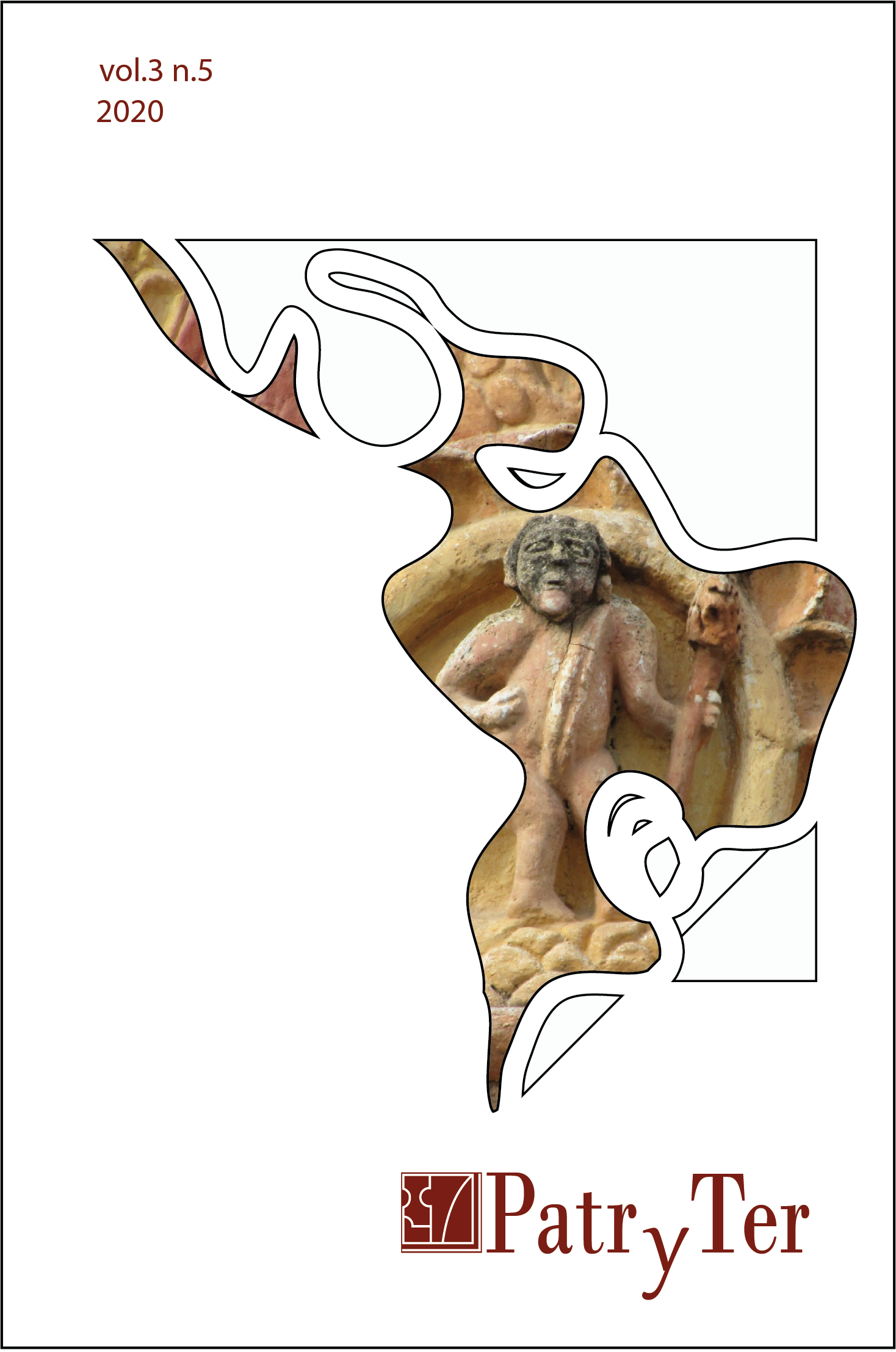Study of the touristic resources in the popular council Sumidero, province Pinar del Río, Cuba
DOI:
https://doi.org/10.26512/patryter.v3i5.23268Keywords:
Heritage. tourist potentialities. tourist resources. local development. Cuba.Abstract
The present work is the result of an investigation carried out in collaboration with the specialists of the "Puentes", project that encourages local development based on the study of the conditions of the territory. The main objective of the research was to determine the main resources that the Sumidero popular council presents for the development of tourism activity through the analysis of the physical-geographical and socio-economic conditions of that territory of the Pinar del Río province, Cuba. The existence of a past rich in traditions was proven, with a cultural and social proposal, in contrast to the numerous natural attractions that exist. These make it a destination with resources for the development of tourism. Although there are no studies related to this activity in the popular council these investigations are necessary, considering the leading role that this line would have in the local development of the popular council Sumidero.
Downloads
References
Acerenza, M. A. (1995). Administración del Turismo.Conceptualización y Organización. (4a ed.). México: Trillas.
Chávez, E. S. & Cerdan, L. M. (2000). El Turismo en Cuba: Un análisis geográfico. Geographicalia, 37(2), 53-66.
Chaviano, E. L. M. & Aro, Y. H. (2007). Procedimiento para el diseño de un producto turístico integrado en Cuba. Teoría y Praxis, 4, 161-174.
Gómez, C. G., Rosado, M. I. B. & Favela, M A. N. (Coord.). (2018). Turismo y sus impactos sociales, económicos y ambientales. México: Red Temática de Estudios Multidisciplinarios de Turismo (REMTUR).
Hornes, K. L. (2012). Potencial geomorfológico e geológico para geoturismo nos parques estaduais do Guartelá, Vila Velha e Cerrado (Paraná, Brasil). Tesis de Doctorado, Universidade Federal do Paraná, Curitiba, PR, Brasil.
OMT. Organización Mundial del Turismo (2017). Los turistas internacionales llegarán a 1.800 millones en 2030. Recuperado en 20 de abril, 2018, de http://www.omt.com
ONEI. (2016). Anuario estadístico de Minas de Matahambre.
ONEI. (2016). Anuario estadístico de Pinar del Río. ONEI Las Tunas.
Palomo, M. F. (1990). Elementos para el estudio de la economía de la empresa turística. Tesis de Maestría, Centro de Estudios Turísticos, Universidad de La Habana, La Habana, Cuba.
Pérez, R. S. & Salina, V. F. (2008). El patrimonio y el territorio como activos para el desarrollo desde la perspectiva del ocio y del turismo. Investigaciones Geográficas, 46, 69-88.
Wallingre, N. (Coord.). (2017). Desarrollo del turismo en América Latina: fases, enfoques e internacionalización. Bernal: Universidad Nacional de Quilmes, 2017.
Downloads
Published
How to Cite
Issue
Section
License
Copyright (c) 2020 PatryTer

This work is licensed under a Creative Commons Attribution 4.0 International License.
Please be advised that Revista Patryter is licensed under a Creative Commons Attribution-NonCommercial-NoDerivatives 4.0 International License (CC BY-NC-ND 4.0) https://creativecommons.org/licenses/by-nc-nd/4.0/deed.en
Authors who publish in the PatryTer Magazine agree to the following terms:
- Authors retain the copyright and grant the journal the right of first publication, the work being simultaneously licensed under the Creative Commons Attribution-NonCommercial-NoDerivatives 4.0 International License (CC BY-NC-ND 4.0) which allows the sharing of the work with recognition of the authorship of the work and initial publication in this journal.
- The contribution is original and unpublished and is not being evaluated for publication by another journal. When submitting the article, authors should attach as a supplementary document a Letter addressed to the PatryTer's Editor, indicating the academic merits of the submitted work (relevance, originality and origin of the article, that is, from what type of research]. This letter must be signed by all authors.
- The authors authorize PatryTer Journal to publish the article in public and private databases, in Brazil and abroad.
- Authors declare that they are fully responsible for the entire contents of the contribution that they submit to the Editorial Board of PatryTer Magazine.
- Authors declare that there is no conflict of interest that could interfere in the impartiality of the scientific papers submitted to the PatryTer Magazine Editorial Board.
- Authors are authorized to take additional contracts separately, for non-exclusive distribution of the version of the work published in this journal (eg publish in institutional repository or as a book chapter), with acknowledgment of authorship and initial publication in this journal.
Authors are allowed and encouraged to publish and distribute their work online (eg in institutional repositories or on their personal page) at any point before or during the editorial process, as this can generate productive changes as well as increase the impact and the citation of the published work (See The Effect of Free Access).



